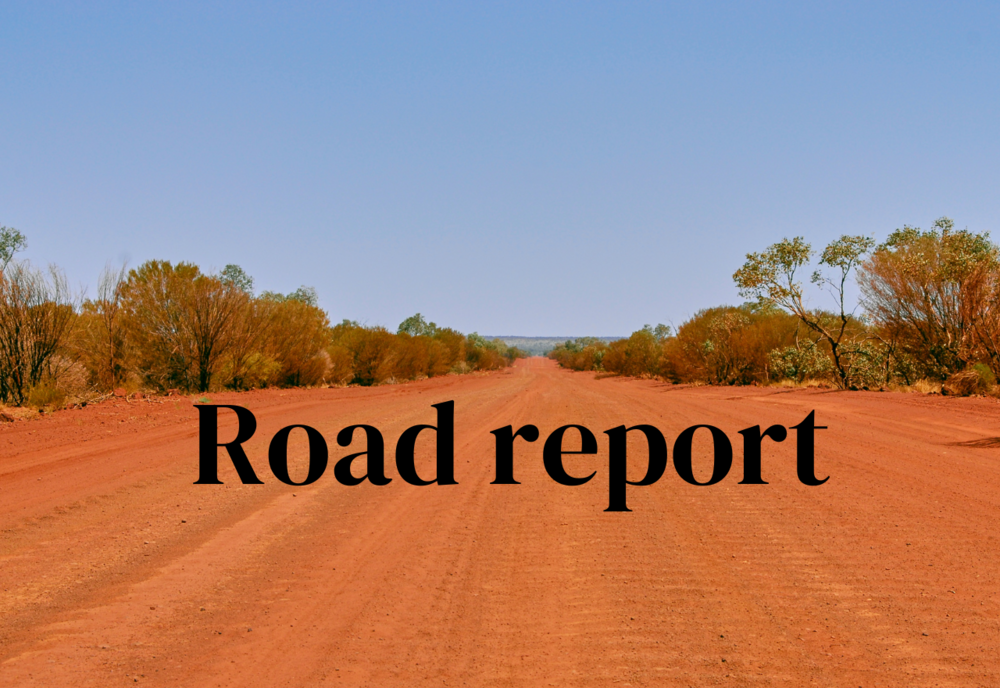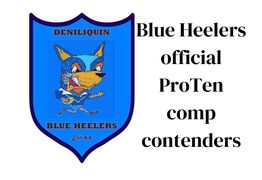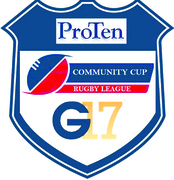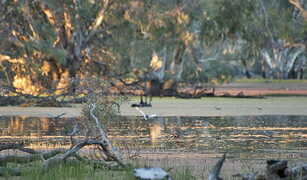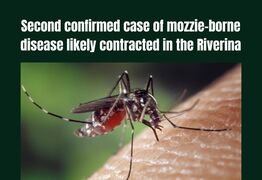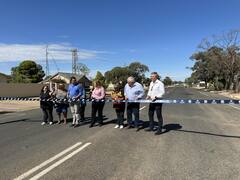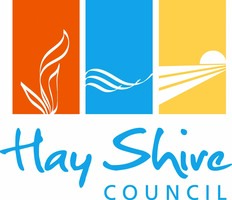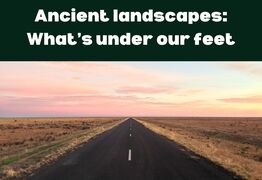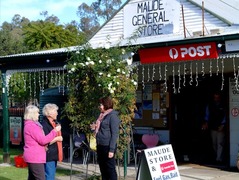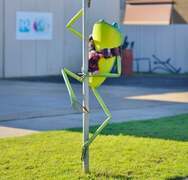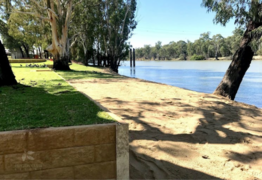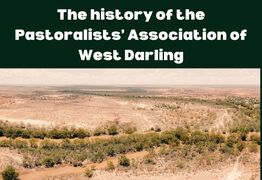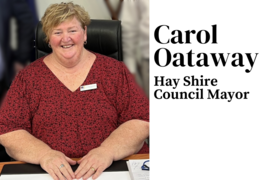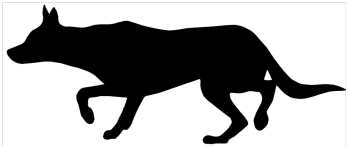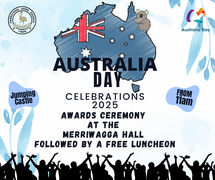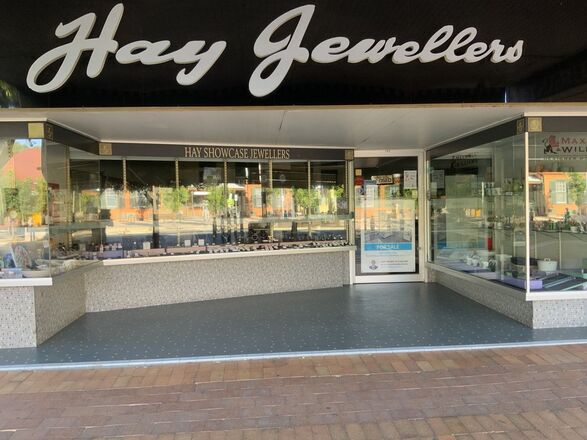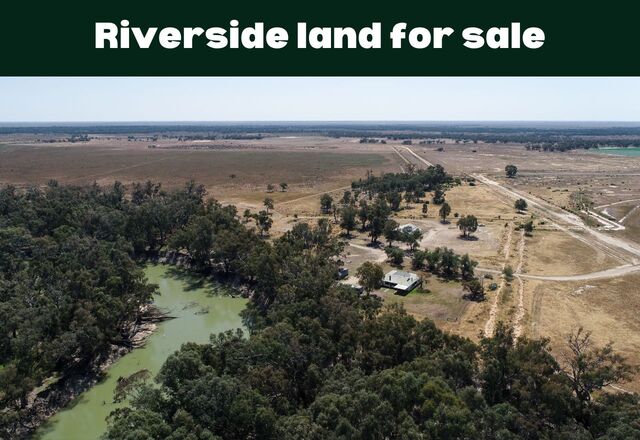Mussel Muster by Roslyn Lockhart (Jeithi Jerilderie Aboriginal Corporation)
Contributor
15 March 2025, 10:00 PM
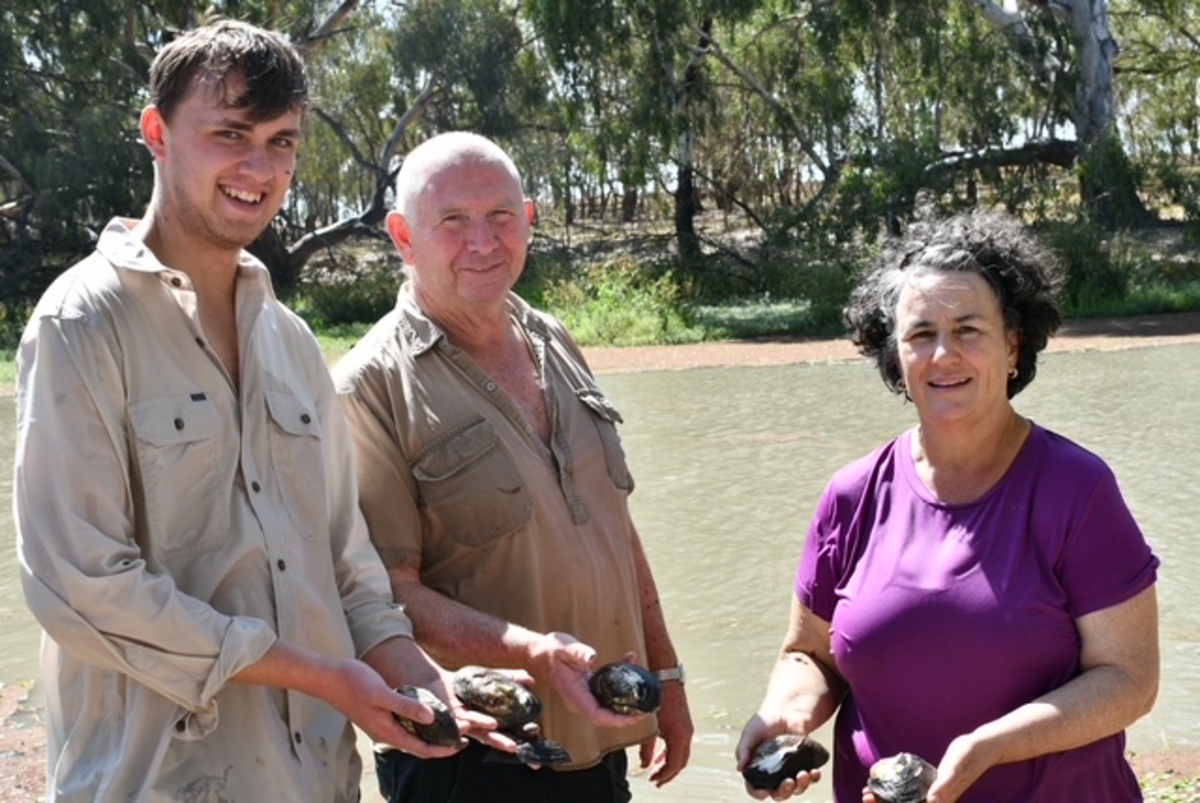 Mussel Muster in full swing at Billabong Creek. Image supplied.
Mussel Muster in full swing at Billabong Creek. Image supplied.Mussel Muster by Roslyn Lockhart (Jeithi Jerilderie Aboriginal Corporation)
A Refreshing Rivers event, the 2025 Mussel muster took place at The Cape, Billabong Creek, Jerilderie on Fenbruary 22, 2025.
Organisations involved included Murray Local Land Services, Yanco Creek and Tributaries Advisory Council Inc., Jeithi Jerilderie Aboriginal Corporation.
It was a beautiful Saturday morning, the flags were out for directions to The Cape on Billabong Creek, Jerilderie.
Andrea, Ben and I were waiting, wondering.
Who might be interested in mussels?
Will it just be the three of us?
Then the cars started coming down the track. It was a wonderous sight to see.
Twenty two interested people, who dived into finding, measuring, recording and talking about freshwater mussels.
Wet to our gills, but proud to be part of our first Mussel Muster.
The things I contemplated:
The memories as a young child with my grandmother talking about how you can eat the mussels. When asked about how to cook, Nan would say,
“You just throw them in the ashes and when they pop open, they will be cooked.”
I also asked why we cannot eat them now.
My Nan talked about the water no longer being clean, that the water used to be clear and now it is too muddy.
But I kept whining about trying one.
We cooked one.
I questioned my 94-year-old great Aunty (Aunty Gert) just before the Mussel Muster.
She spoke about the mussels being something they ate.
Again, her response was, “Throw them in the coals, turn them over and when they open, they are cooked”.
Before the Mussel Muster, I did some reading around the mussels culturally.
The shells were used for scrapping and cutting.
Fishing hooks where also made from the shells and the inside was used as bait for Murray cod.
When mussels were plentiful, my Nan and Aunty Sos would paint the inside of the shell to sell.
I don’t remember the shells having as much damage in the past as we saw at the Mussel Muster.
The humble mussel could be stored in a dried creek bed for extended periods of time as they can survive up to two years buried in damp soil.
This was a way that Aboriginals stored this food, for later use.
Regarding ongoing cultural practices, the decline in the mussel numbers means I cannot in good conscience harvest or use these mussels.
They are too precious to the system.
Our wants and needs are not more important than our environment.
We are just the caretakers for future generations.
The exciting thing was seeing so many people at the mussel muster with a passion to learn about the humble mussel.
References:
https://www.firstpeoplesrelations.vic.gov.au/fact-sheet-aboriginal-freshwater-middens
https://www.mdb.fish/traditional-knowledge
Thank you from Ros:
"A big thank you too all," said Ros.
"Andrea, thank you for the work you do.
"I wished to thank Ben for the work he did for the day.
"Nicole McCasker for being with us in spirit and her wealth of knowledge
"Ashley my beautiful cousin who sent us info and thoughts for the day.
"The Jeithi Jerilderie Aboriginal Group for being amazing volunteers and generous with your time and passion.
"I am really thankful for all who attended."
NEWS
SPORT
RURAL
COMMUNITY
JOBS
VISIT HAY
VISIT BALRANALD
VISIT OUTBACK NSW
EVENTS
LOCAL WEATHER
FOR SALE
COMMERCIAL PROPERTY

